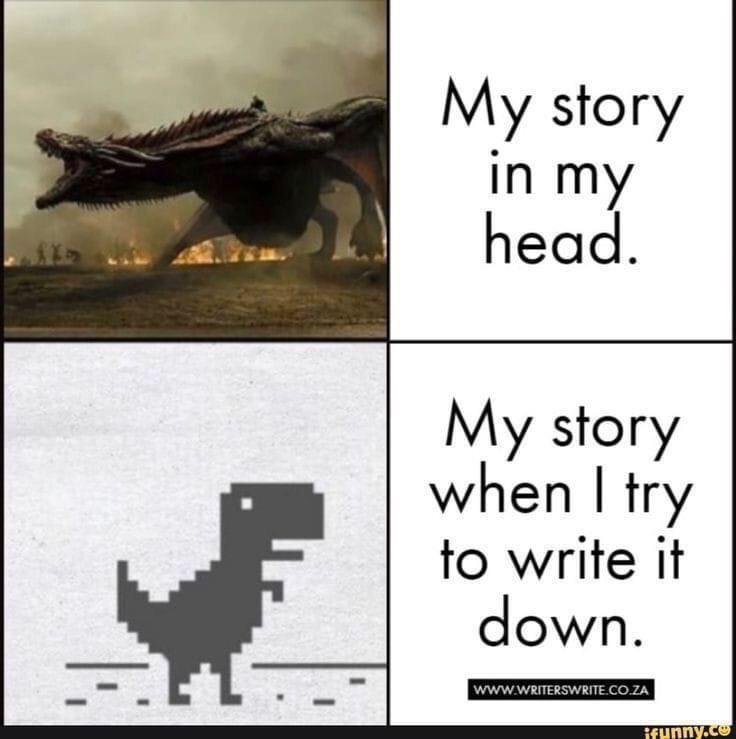|
There is nothing more intimidating to the creative process than a blank page. But, luckily, there are more than a few ways to un-blank it before it derails your writing time, and I'm going to share a few of them below.
First off, I want to push back against the idea that a writer, to be successful, needs substantial amounts of unbroken writing time. That’s just not the case. There’s also no truth to the oft-repeated injunction that you must write every single day. (I’m dubious of any writing advice that starts with “you must,” to be honest.) There are days when it is genuinely impossible to get any writing done, and that’s not because of self-doubt or deprioritising writing from your life as an act of you-can’t-fail-if-you-don’t-try: it’s because there are days when it is genuinely impossible to get any writing done.
0 Comments
Solidarity, word-count chasers: November is YOUR month. If you’re taking part in National Novel Writing Month this year, I wish you the very best of luck. I know writers whose novels have happened as a direct result of the accountability NaNoWriMo affords. (I also know writers for whom the format has the opposite effect, by the way, so, as ever with writing processes, there are no absolutes. If you’re not taking part, or if NaNo hasn’t worked for you in the past, please know that it’s not my thing either and keep looking for the process that suits your creative flow.)
|
Tips, tricks & advice to help your writing shineCategories
All
Blog updates on the first of every month.
|

 RSS Feed
RSS Feed